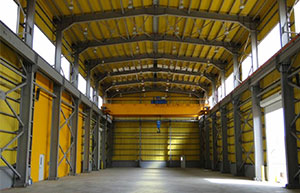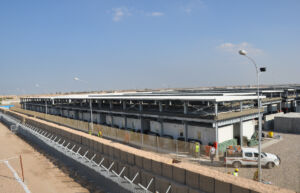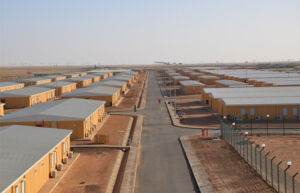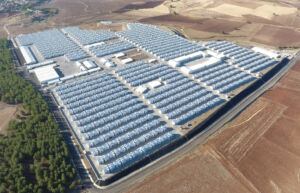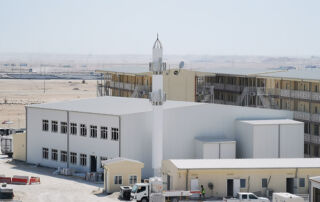Modular Construction for Religious Buildings: Faster, Flexible, and Future-Ready Solutions
As the demand for faster and more sustainable construction continues to rise, modular construction is increasingly being adopted across diverse sectors—including the building of religious facilities. From mosques and churches to temples and community prayer halls, modular construction offers an innovative approach that aligns with the spiritual, cultural, and architectural values of faith communities worldwide.
Why Modular Construction is Ideal for Religious Buildings
Modular construction involves the off-site fabrication of building components in a controlled factory environment, which are then assembled on-site. This approach offers significant advantages for the construction of religious spaces:
1. Speed and Efficiency
Traditional construction methods for religious buildings can take several months or even years. Modular construction drastically shortens timelines. Prefabricated structures can be delivered and assembled in weeks—allowing congregations to begin using their sacred spaces much sooner.
2. Custom Design and Cultural Sensitivity
Religious buildings require specific design elements—such as domes, minarets, altars, or ablution areas—that reflect cultural and spiritual significance. With modern modular techniques, these custom architectural features can be seamlessly integrated while maintaining structural precision and integrity.
3. Cost Control and Budget Optimization
Modular construction offers better cost predictability due to reduced labor time, less material waste, and controlled factory production. For religious organizations operating on limited budgets or donations, this provides an efficient path to developing community spaces without compromising on quality.
4. Scalability and Mobility
Modular religious buildings can be expanded or relocated as community needs evolve. This is especially useful in remote regions, humanitarian missions, or areas experiencing temporary displacement where rapid deployment of worship spaces is essential.
5. Sustainable and Environmentally Friendly
Dorçe Prefabrik integrates sustainable materials and energy-efficient systems into its modular designs, supporting lower carbon footprints. This aligns with many religious teachings that emphasize environmental stewardship.
